Tokyo's Timeless Treasures Unveiled
Explore the vibrant streets of Tokyo on this free walking tour, where history meets modernity at every turn, revealing the city's rich cultural tapestry.
Time
3 Hours
Stops
8 Places
Distance
4.3 km
Senso-ji Temple
As Tokyo's oldest temple, Senso-ji is a vibrant and spiritual place that offers a glimpse into the city's rich history and cultural heritage.
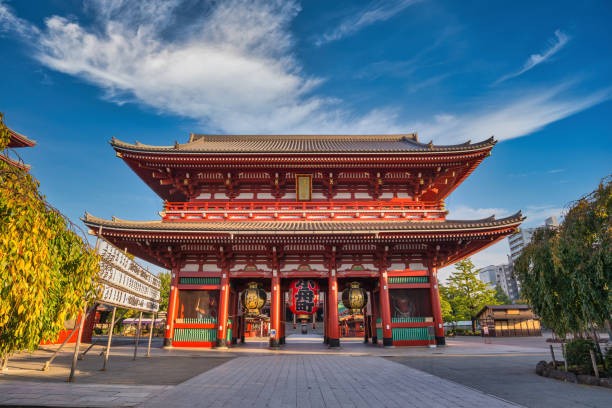
Senso-ji Temple (Source: Google Maps)
Senso-ji Temple, Tokyo's oldest temple, is a significant cultural and spiritual site. Founded in 628 AD, it is dedicated to Kannon, the goddess of mercy. The temple complex features the iconic Kaminarimon Gate, adorned with a massive red lantern, which leads visitors down a bustling path filled with shops and stalls selling traditional snacks and souvenirs. The main hall, or Hondo, houses a revered statue of Kannon, attracting millions of visitors annually. Senso-ji is not only a place of worship but also a vibrant hub of festivals and events, reflecting Tokyo's rich history and enduring traditions.
Nakamise Shopping Street
Leading up to Senso-ji, this bustling street is lined with traditional shops selling snacks and souvenirs, providing a taste of local culture.
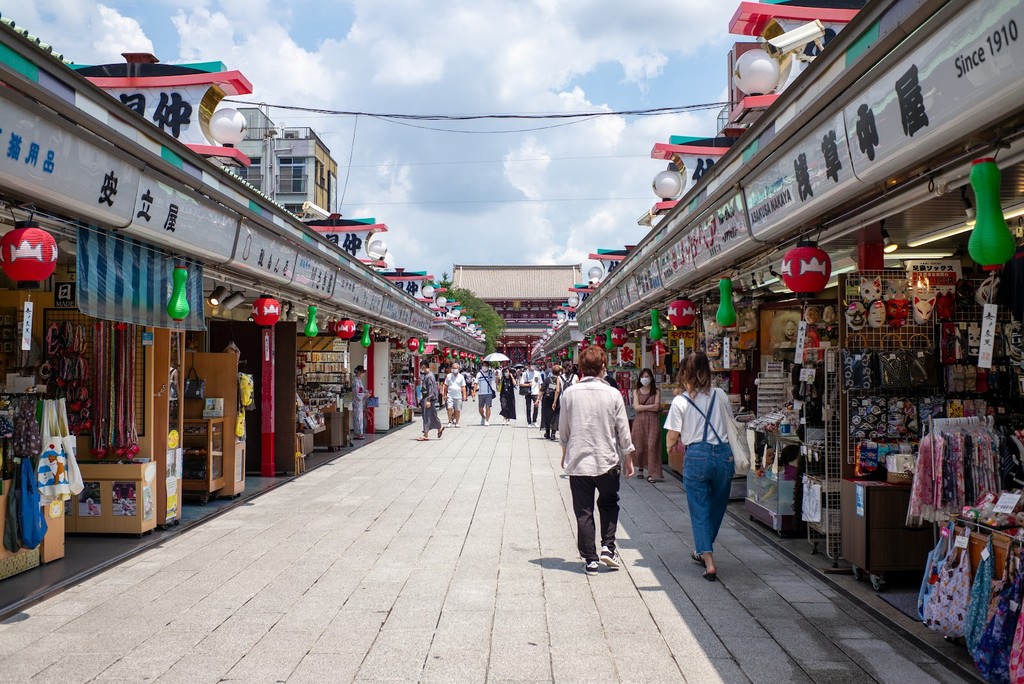
Nakamise Shopping Street (Source: Google Maps)
Nakamise Shopping Street, stretching from the entrance of Senso-ji Temple, is a historic shopping lane that dates back to the Edo period. This vibrant street is lined with over 90 shops offering a variety of traditional snacks, souvenirs, and crafts, making it a perfect spot for visitors to experience local culture. As you stroll through Nakamise, you'll find unique items such as folding fans, kites, and sweet treats like ningyo-yaki (small cakes filled with red bean paste). The lively atmosphere and colorful storefronts create a sensory delight, showcasing a blend of tradition and modernity.
Asakusa Culture and Tourist Information Center
This modern building offers an observation deck with panoramic views of the Asakusa district, blending tradition with contemporary design.
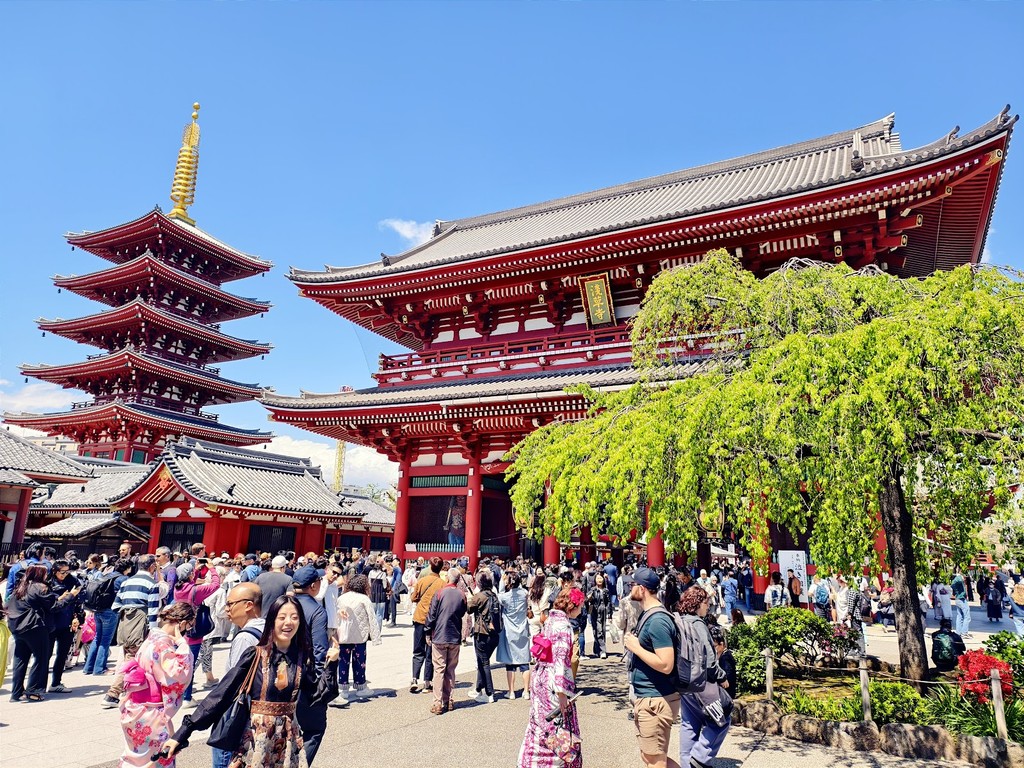
Asakusa Culture and Tourist Information Center (Source: Google Maps)
The Asakusa Culture and Tourist Information Center is a modern architectural marvel located near Senso-ji Temple. Designed by renowned architect Kengo Kuma, the building features a striking façade that harmonizes with the historic surroundings. Its observation deck provides panoramic views of the Asakusa district, including the iconic Tokyo Skytree and the Sumida River. The center serves as a hub for visitors, offering information about local attractions, cultural events, and guided tours. Inside, you'll find exhibitions that celebrate Asakusa's rich history and vibrant community, making it a valuable resource for tourists.
Sumida Park
Located along the Sumida River, this park is perfect for a leisurely walk and offers stunning views of the Tokyo Skytree.
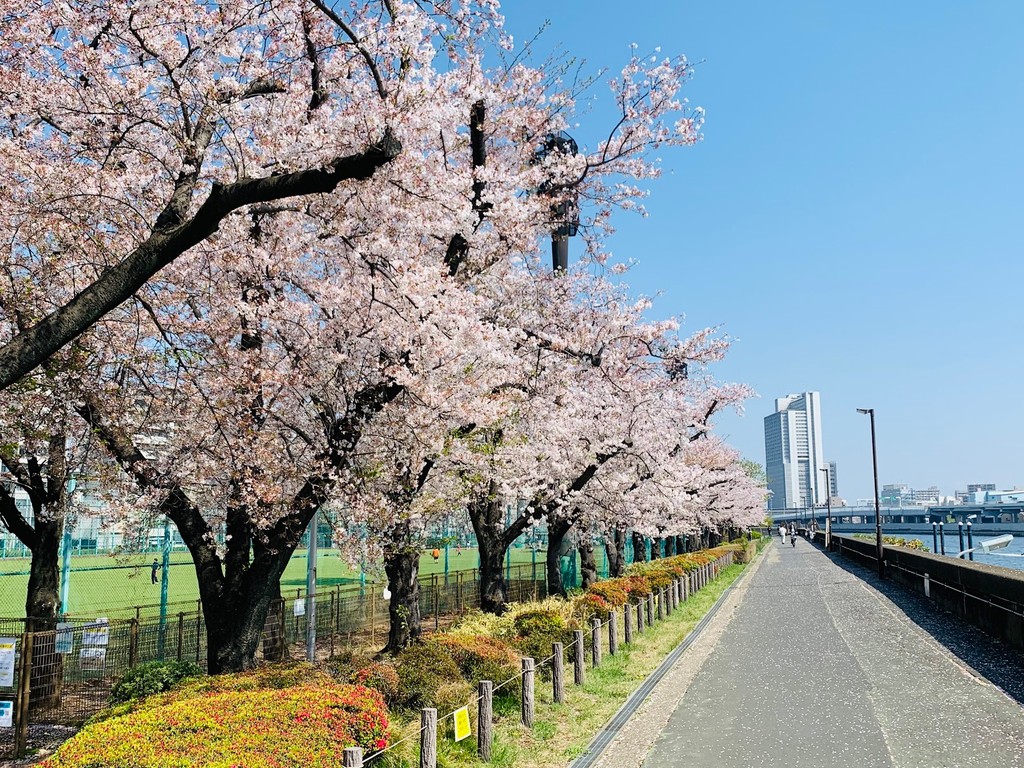
Sumida Park (Source: Google Maps)
Sumida Park is a picturesque urban oasis located along the banks of the Sumida River. Known for its beautiful cherry blossoms, the park attracts visitors year-round for its stunning views of the Tokyo Skytree. The park features walking paths, open green spaces, and traditional Japanese landscaping, providing a serene escape from the bustling city. It is a popular spot for picnics, leisurely strolls, and outdoor activities. The park also hosts various seasonal events, including hanami (flower viewing) parties during cherry blossom season, making it a cherished recreational area for both locals and tourists.
Tokyo Skytree
As the tallest structure in Japan, Tokyo Skytree offers breathtaking views of the city and is a modern icon of Tokyo's skyline.
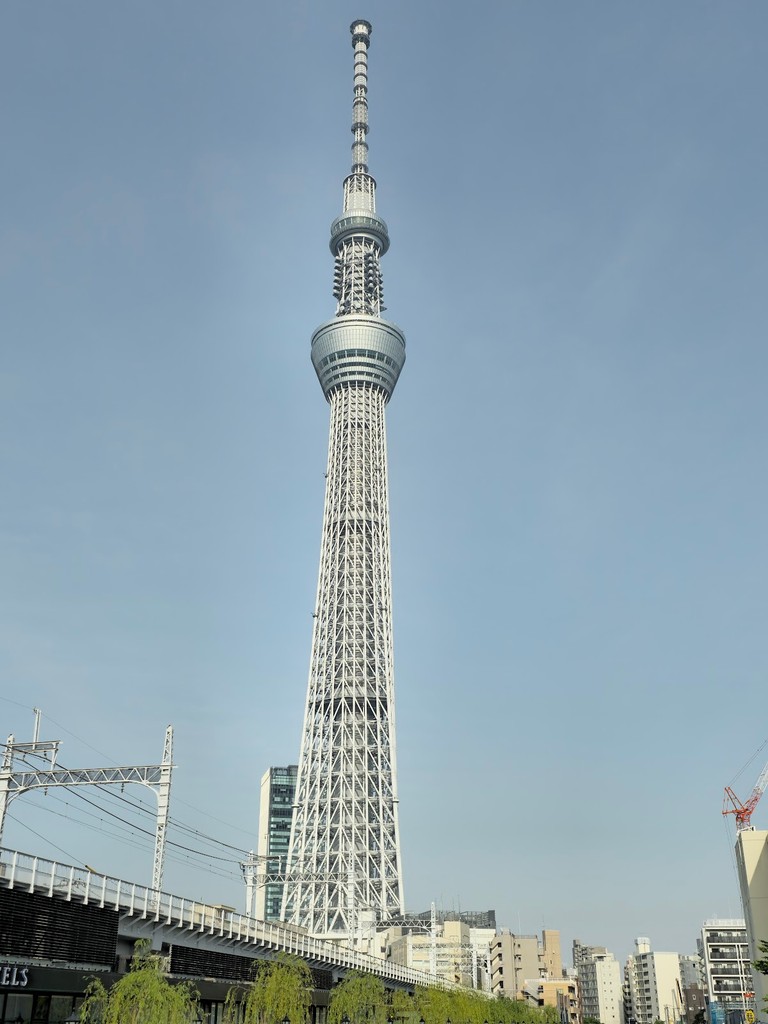
Tokyo Skytree (Source: Google Maps)
Tokyo Skytree stands as the tallest structure in Japan and the second tallest in the world. Completed in 2012, this iconic broadcasting tower reaches a height of 634 meters and serves as a symbol of modern Tokyo. Its design is inspired by traditional Japanese architecture, resembling a pagoda, and features observation decks that offer breathtaking views of the city and beyond. At night, the Skytree is illuminated in various colors, creating a stunning visual spectacle. It also houses shopping, dining, and entertainment options, making it a must-visit destination for anyone exploring Tokyo.
Edo-Tokyo Museum
This museum offers a deep dive into the history and culture of Tokyo, showcasing the city's transformation from Edo to the present day.
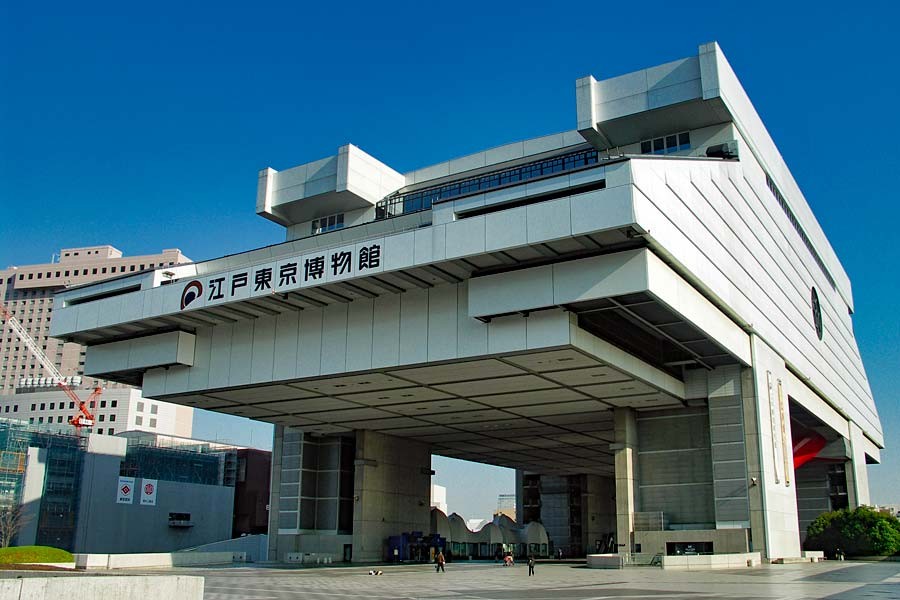
Edo-Tokyo Museum (Source: Google Maps)
The Edo-Tokyo Museum is dedicated to preserving and showcasing the history and culture of Tokyo, tracing its transformation from the Edo period to the present day. The museum's unique architecture resembles a traditional Edo-era building and features interactive exhibits, models, and artifacts that bring the city's past to life. Visitors can explore various aspects of Tokyo's development, including its architecture, urban planning, and daily life. The museum also hosts temporary exhibitions and educational programs, making it an essential stop for anyone interested in the rich history of Japan's capital.
Kyu-Yasuda Garden
This serene Japanese garden offers a peaceful retreat with its traditional landscaping and picturesque pond, a perfect contrast to the urban surroundings.
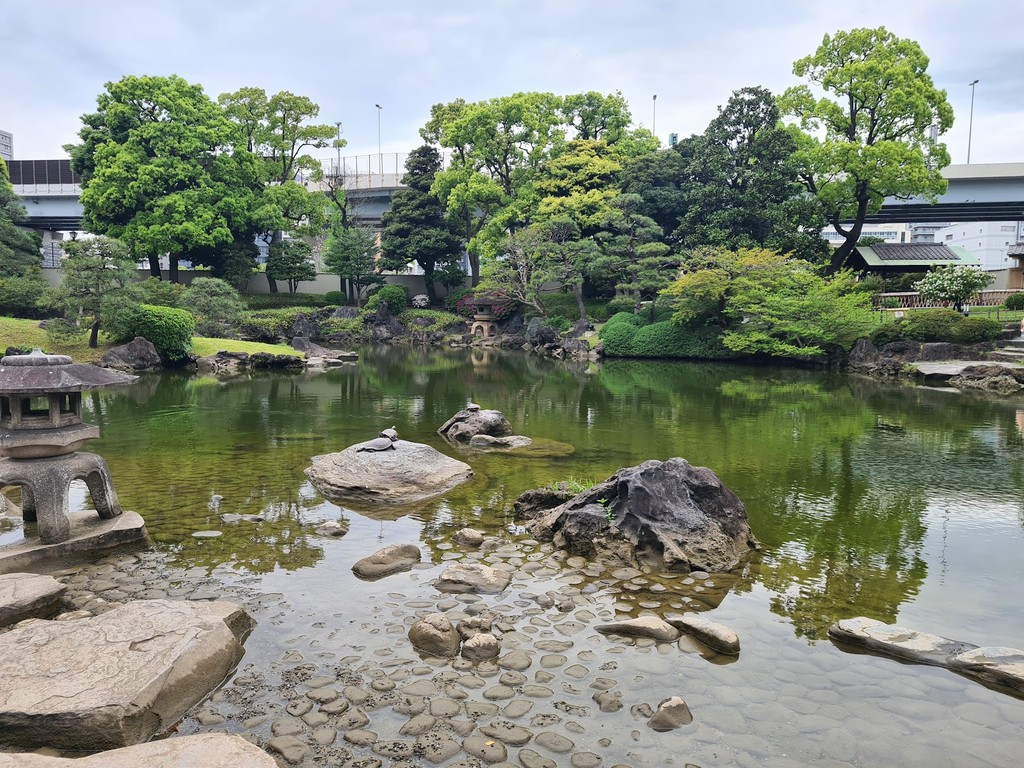
Kyu-Yasuda Garden (Source: Google Maps)
Kyu-Yasuda Garden is a tranquil Japanese garden that offers a peaceful retreat in the heart of Tokyo. Originally part of a feudal lord's residence during the Edo period, the garden features traditional landscaping, including a picturesque pond, stone lanterns, and carefully curated flora. Visitors can enjoy a leisurely stroll along winding paths, immersing themselves in the serene atmosphere. The garden is particularly beautiful in spring when cherry blossoms bloom, attracting both locals and tourists. It serves as a perfect contrast to the urban environment, providing a space for reflection and appreciation of nature.
Ryogoku Kokugikan (Sumo Hall)
Known as the heart of sumo wrestling in Japan, this venue provides insight into one of the country's most traditional sports.
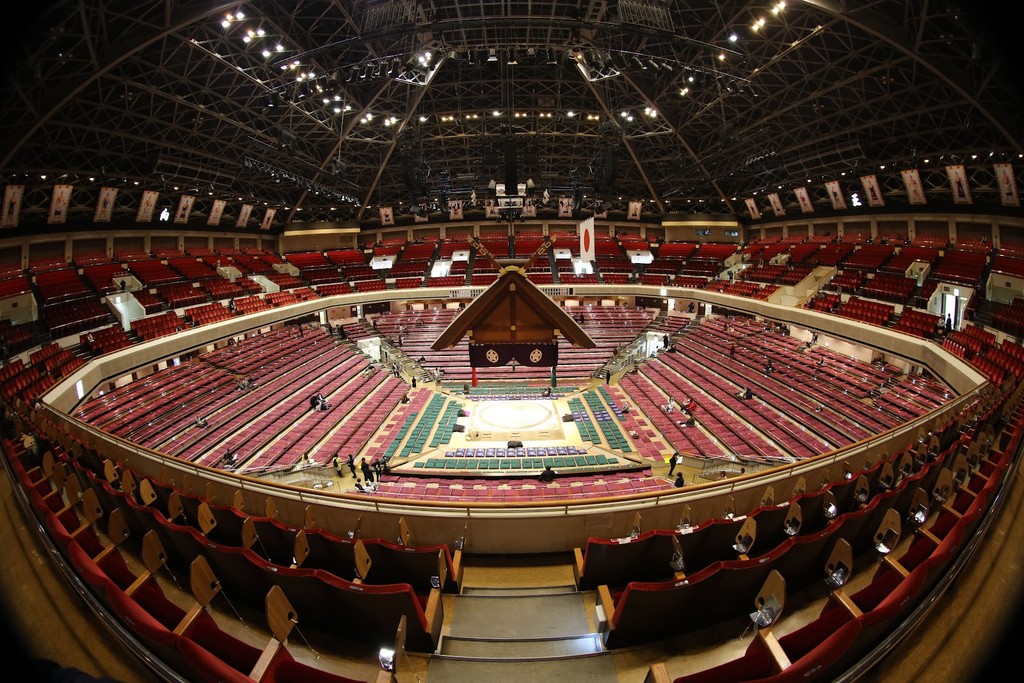
Ryogoku Kokugikan (Sumo Hall) (Source: Google Maps)
Ryogoku Kokugikan is the premier venue for sumo wrestling in Japan, located in the historic Ryogoku district. Opened in 1985, this iconic arena hosts major sumo tournaments throughout the year, attracting fans from around the world. The architecture of the hall reflects traditional Japanese design, and it includes a large central ring where matches take place. Visitors can learn about the history of sumo through exhibitions and displays, as well as experience the vibrant atmosphere during tournament days. Ryogoku Kokugikan is not just a sports venue; it is a cultural landmark that embodies the spirit of Japan's national sport.

Your travels, your rules.
Create your own Free Walking Tours.
Set your preferences, distances and anything you want to do or see.
Completely free, no payment required.